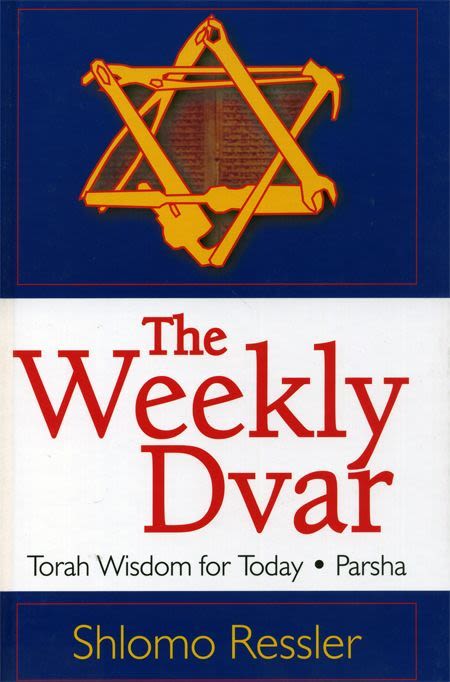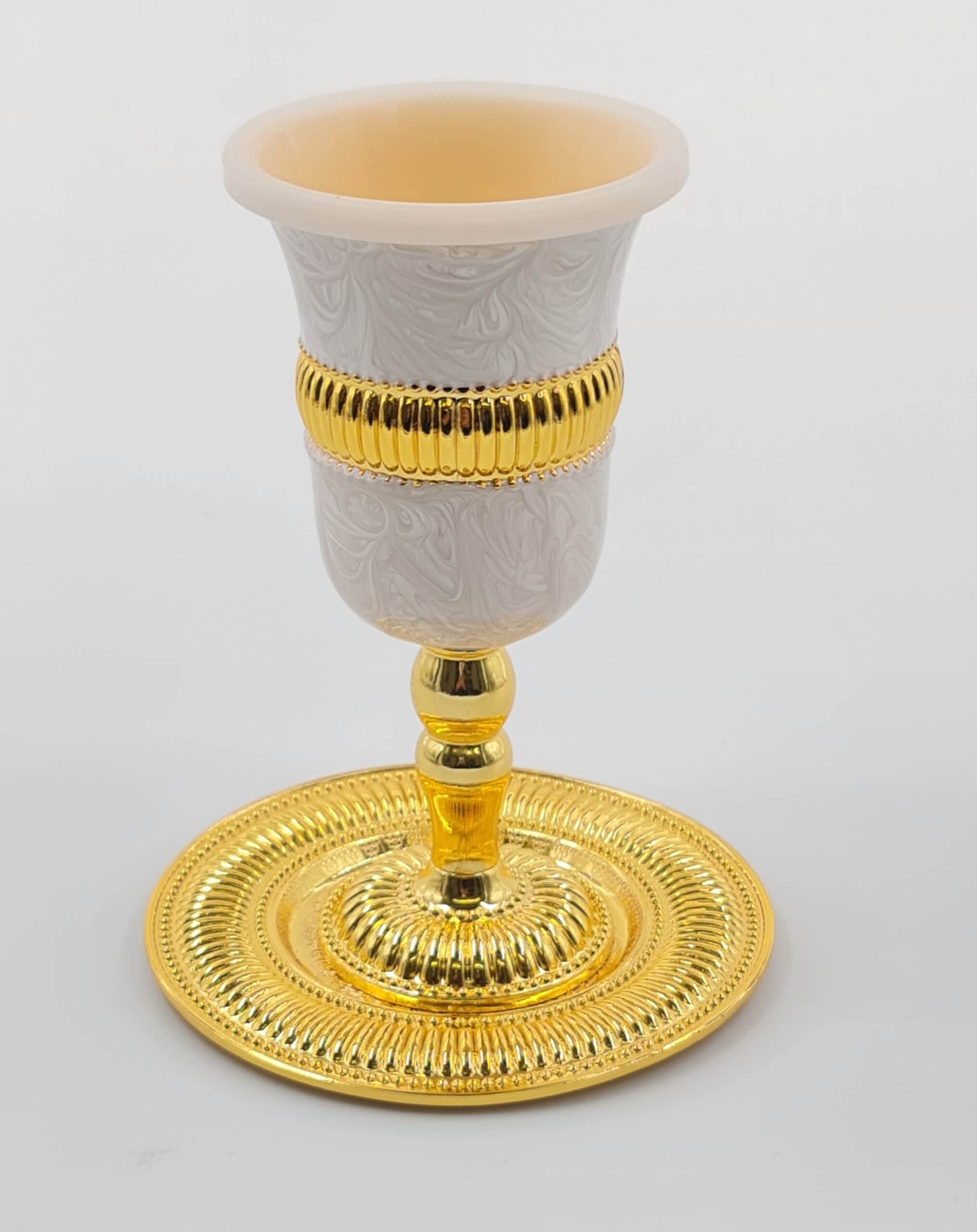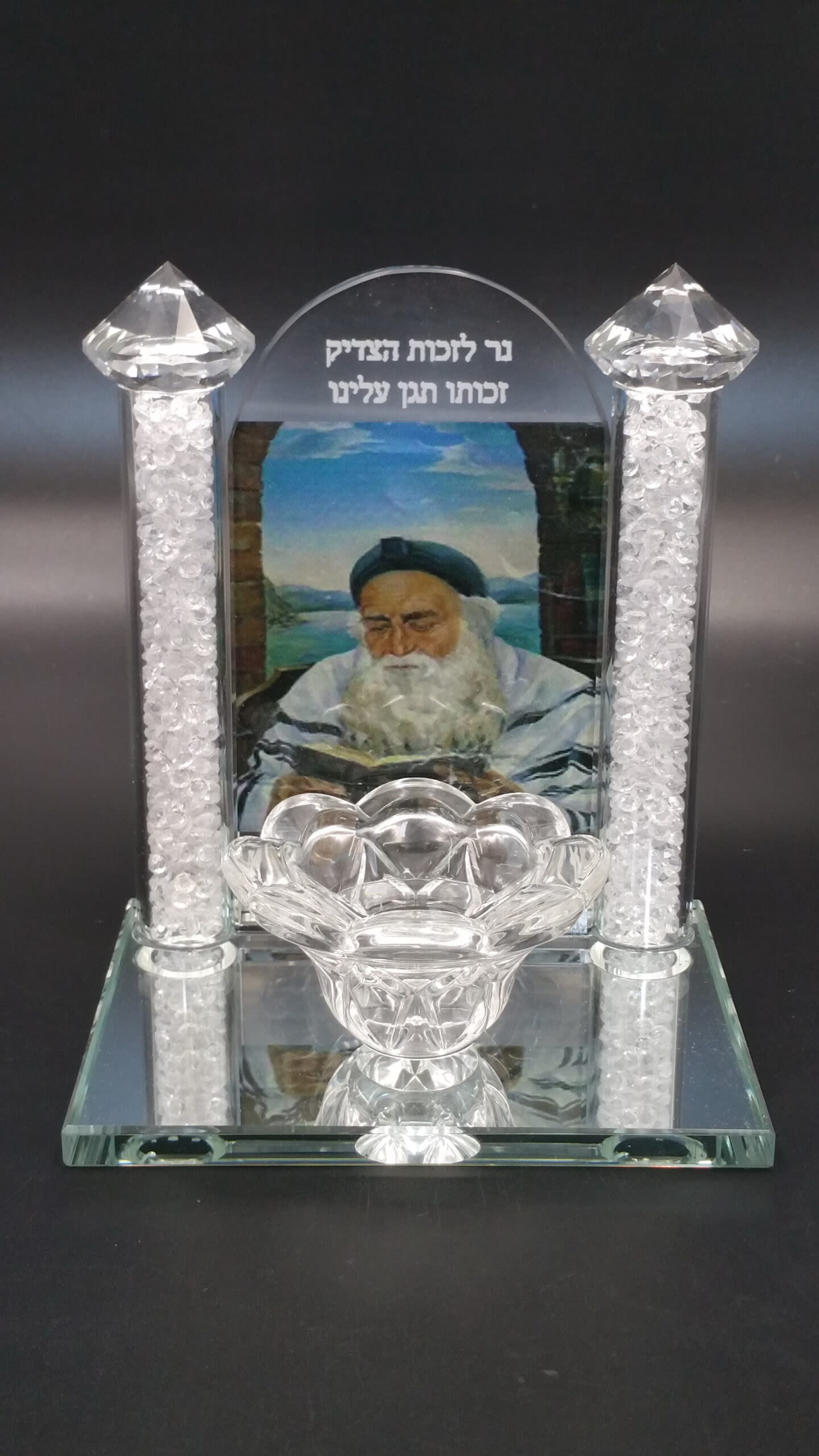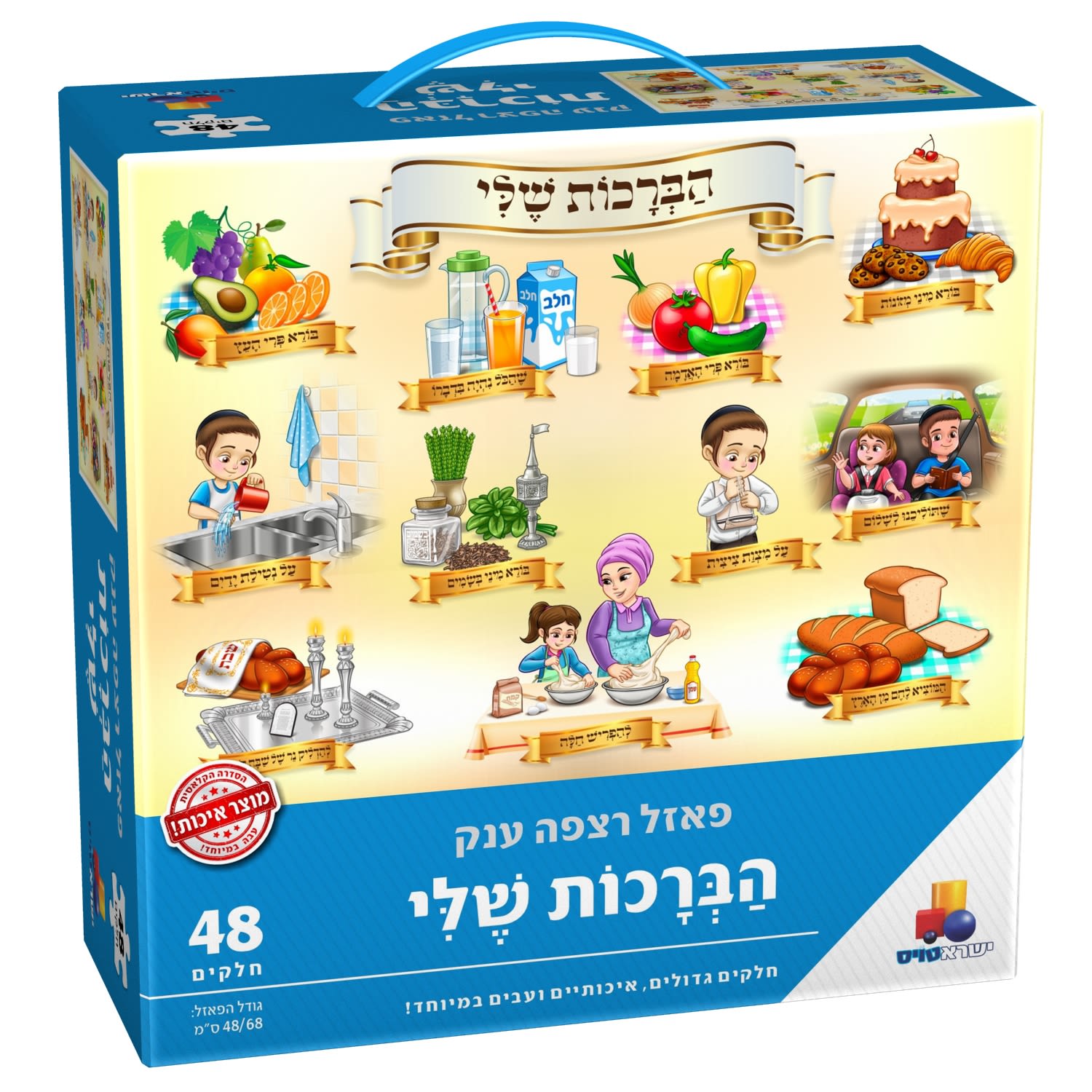
Off the Deep End
For those who haven’t heard, to many people in western society, “mother” is not a polite word and the famous psychologists aren’t helping to fix that…

My point of no return began with a tug-of-war between a rabbi in Queens and a psychotherapist in Manhattan. The therapist charged $200 an hour, even when the subway from Queens broke down and I missed the appointment, and it wasn’t my fault. At the next appointment, the therapist bought me rolls and coffee from the shop downstairs. My mother could have done that, but she lacked confidence. She was a speech therapist, not a psychologist.
So, for a whole hour I cried; I wanted my mother but felt ashamed to say so. The psychologist provided a box of tissues. The more I cried and complained the more he approved of my progress.
One day I clashed with my mother and then ran out of the house. There was no place to go. The psychologist sat in Manhattan, and to get there I needed a bus and two subway trains to West 72nd street. But Harold Kugler, my rabbi, lived two doors away.
I walked into Harold Kugler’s kitchen. He sat quietly while I ranted, and then he stood up and read from a book I never heard of, The Code of Jewish Law: “[Even if they] struck you on the head and spat in your face…you must be silent and fear the King who is King of Kings…”
That just took the air out of my angry balloon.
Next week I announced to the therapist ‘I’m going’, and he struck back with a dire prediction: You will fall off the Deep End.
I decided to look him straight in the eye and just go jump.
Forty years passed. I’m long gone off the Deep End; it can’t be helped. But life goes on: my son and his  wife decide to travel to Paris. Someone must stay with the kids, but my husband can’t go with me.
wife decide to travel to Paris. Someone must stay with the kids, but my husband can’t go with me.
So, after Shabbat I force myself to get on the bus to Jerusalem and hole up alone with all those kids from age three years to twelve, for three days and nights. I arrive, my heart sinking, and take charge.
My daughter-in-law said that the kids need a bath, but I know Achiya won’t do that even if I get the nerve to ask him. So, I don’t make the mistake I did last time; I won’t start up with that kid.
The 12-year-old had been slotted to stay home with the three-year-old, but then I see the longing in her eyes. I say it’s okay; the kid is sleeping. As soon as Michal goes out to the library, Yael wakes up and cries. She’s upstairs and I’m downstairs, trying to wash the dishes. I make a quick calculation.
Should I:
-Call Michal to come home before she gets on the bus;
-Yell at Yael to stop acting like a baby;
-Ignore the kid and let her cry;
-Grit my teeth and take care of her.
I have already tried the first three options with my erstwhile baby sister, my children and grandchildren.
So, I carry a siddur upstairs and sit down with Yael on the floor. She screams louder at my touch. I start crying out Tehillim like never before; we’re both on the floor sobbing. She screams Ima! Aba!
And I scream Ima! Aba! Mom! Dad! HaShem!
My daughter-in-law knows how to get the children in bed by 8, but I do it only four hours later.
When the house is quiet, I find in the bedroom a popular psychology book about mother-enmeshed sons who grow up to be womanizers, perpetual teenagers, and burned-out caretakers. Enmeshed means being in something unpleasant or dangerous from which it’s hard to escape:
A fish is enmeshed in a net.
She is enmeshed in a tangle of drugs and crime.
Yes, cherished sisters. I have gone off the Deep End and become that dangerous thing called mother, but my kids have managed somehow to escape. For those who haven’t heard, to many people in America “mother” is not a polite word and the famous psychologists aren’t helping to fix that.
Thank G-d Rabbi Shalom Arush doesn’t agree and says, “respect your father and mother”. Then he writes about the real danger: “Sometimes the husband’s [mother] may raise issues with [her] daughter-in-law, and make inappropriate comments, or otherwise get involved in [her] son’s married life. [She] may question, for example, the way [her] grandchildren are being raised. No daughter-in-law can stand such meddling.” (p. 137, Women’s Wisdom).
I have a confession: I disagree with my daughter-in-law’s ways. But who am I? None of my children, even the yeshiva student in Bnai Brak, come close to be the adults I imagined. So yes, I’m sort of a failure and can’t say a word to anyone.
On the other hand, where would my kids be if they had copied me word for word instead of walking their own paths off the Deep End?
Besides, I like them the way they are.
And I had a great time with my grandchildren, even though not all of them prayed and not all of them took a bath, and none of them made it to bed on time.
* * *
Alizah Teitelbaum was an actress, an editor’s assistant at Random House, and a columnist at the Jewish Times of Johannesburg. Her stories appeared in Hamodia, Ami, Mishpacha, The Voice of Lakewood, The Jewish Press, and other places. She edits fiction and poetry for http://sassonmag.com/ and blogs at http://alizahteitelbaum.weebly.com/blog . Alizah lives in the Negev Desert. Write to her at eliseteitelbaum@gmail.com








Tell us what you think!
Thank you for your comment!
It will be published after approval by the Editor.